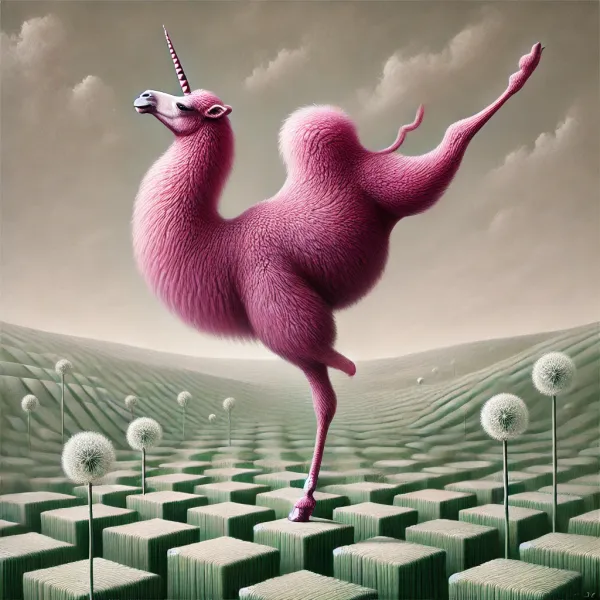On nothing — how thinking about nothing can transform the world
Doing nothing is seen as unproductive in our society — here is why that is completely wrong.
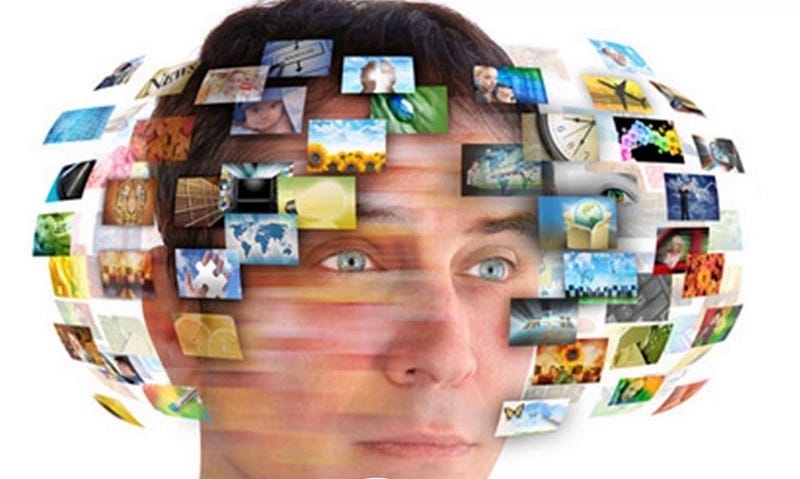
Doing nothing is seen as unproductive in our society — here is why that is completely wrong.
The attention economy has its claws deep in your life. Every empty minute we fill with content. Either you scroll on your phone, you listen to the new episode of a podcast or watch videos, which are accompanying you wherever you will go. Even if you do not look on the screen of your own device, screens are everywhere.
So what do we do to escape at least for a while?
Meditation seems a good tool. It worked for centuries and there are a lot of scientific studies showing the benefits of regular mind calming. Meditation as per its word origin: focus one’s mind for a period of time, in silence or with the aid of chanting, for religious or spiritual purposes or as a method of relaxation (Oxford Languages). But these days instead of chanting what is our go to? Of course, an app.
Currently there are more than 2,500 meditation apps available in Apple’s App Store. The most known one was downloaded more than 100 million times(!).
What does that say about us? Do we need technology also to tell us, how not to think? How to clear our mind and reach a calm maybe even empty stage of mind, in order to spark new thoughts and ways of thinking?
When you look at the publication by the good body there are estimates that 200–500 million people meditate and that this figure has tripled over the last decade.
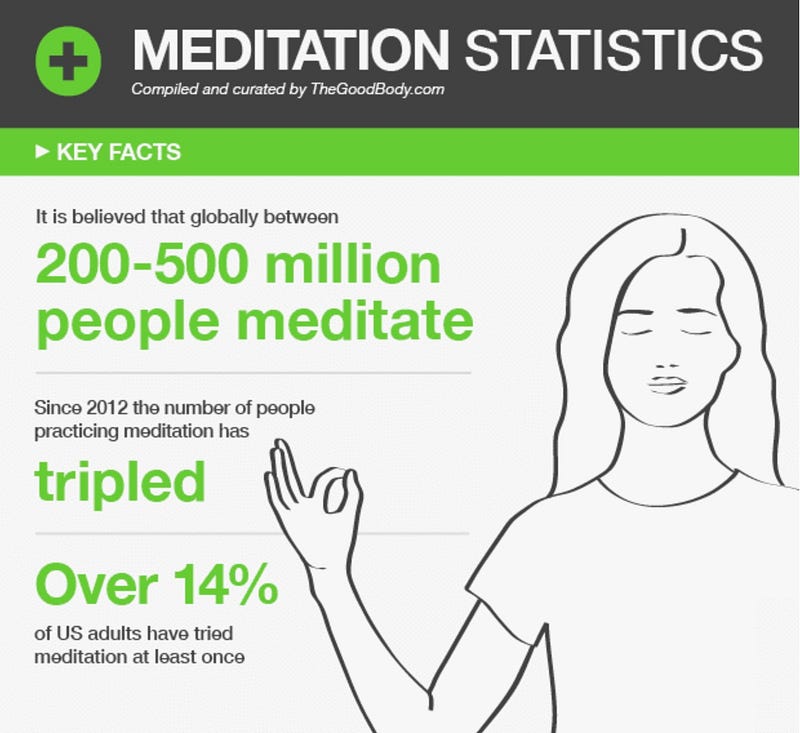
Although there is no specific statistic how many people, who are meditating use technological support for it, this suggests that there is still a major share who can do it without a tech device or app.
But: is meditating doing nothing?
Well, yes and no. There is an ongoing trend of the “Doing Nothing Meditation”.
Summarized in a nutshell: sit and just gaze into the universe. Maybe you still remember that you could do that for a long period of time, when you were a kid, or when you were deeply in love for the first time.
Isn’t that amazing? The attention economy even found a way to capitalize doing nothing. We pay coaches (or apps) to teach us to do nothing at all.
But the absurdity of our world set aside: these figures and trends show us, that people allover the world have a growing need of calmness and nothing.
How does nothing help you change your perception of the world?
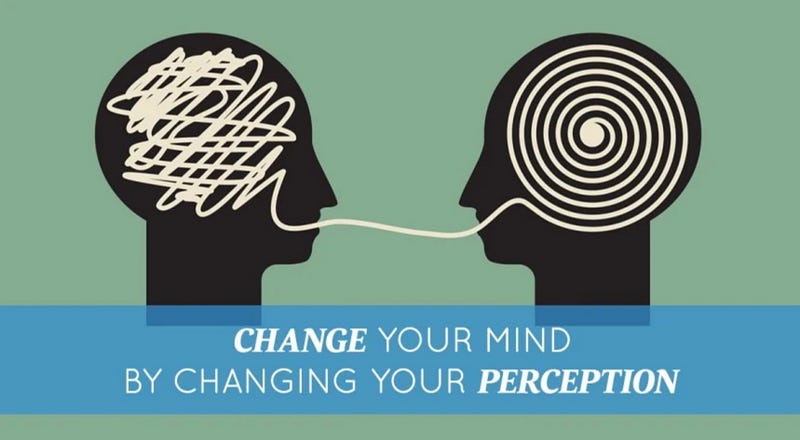
Let’s dive a little deeper in our way of thinking, to get closer to an answer to that question.
Thinking is a process always between you and the world. The world is the reality in front of you, with all its facts, data and other information. And on the other side is you — with your mental models- stereotypes, judgements etc. On our side we have always only simplifications of the reality — it is not possible to think, without simplification.
To give an example: the world is uncertain as a fact. How do we think about this uncertainty? We simplify — we build scenarios who deal with different outcomes. But those outcomes will always remain a simplification.
Think about this mental models as boxes in your brain, where you store all the information you receive every single moment of your day.
Now there are several ways to use those boxes. Most of our day we receive the information and sort it in our little boxes (like letter in box offices for distribution in the past). And let’s be honest: this process can be done much quicker and more accurate by algorithms so machines. This is the part of thinking which in times of transhumanism will at some point not be entirely human anymore (more on transhumanism in my last article).
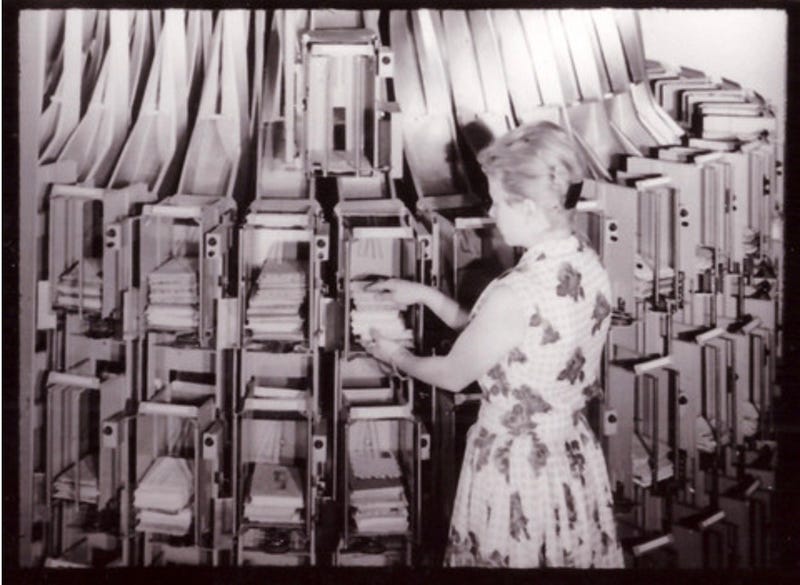
But there is another way: we use our boxes, combine what’s in there in a new way and then go out in the world with this idea. This is where invention and heureka moments happen, what can be called creativity and therefore: this is the part we will need more than ever now and in the future. At least for now this is not the domain of artificial intelligence. This process is currently strictly human.
Wait: what has that to do with meditation?
Everything! We currently are in a world where the surrounding constantly feeds us with information we need to sort in our mental boxes. The brain — as genius as it is — simply has no ressources to do it all at the same time constantly.
So what happens when you do nothing? You stop the constant information flow. You free ressources in your brain, to use everything already there for new combinations.
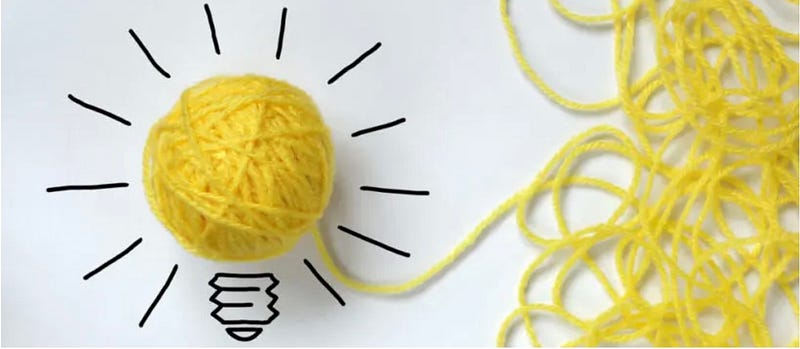
Sounds easy and amazing, but to be frank: this does not happen when you sit down for 10min for one day. This is a practice you have to cultivate and give your brain time to adapt.
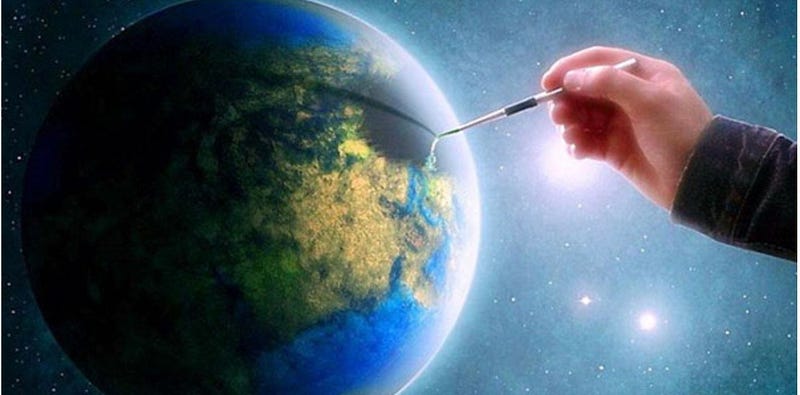
After a while you will see: you have new thoughts on things. Original ones, not opinions fed to you by social media or similar — your perception of the world changes, because you bring your own thoughts to the equation.
And this thoughts are the ones sparking changes first in your mind, than in your actions, and lastly as a consequence in the world around you. This is how change happens.
Go on — do nothing, and change the world.



